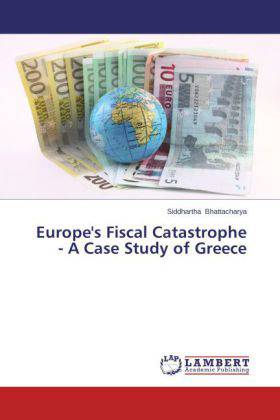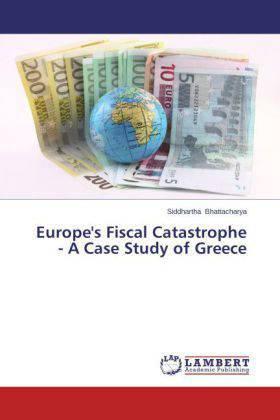
- Afhalen na 1 uur in een winkel met voorraad
- Gratis thuislevering in België vanaf € 30
- Ruim aanbod met 7 miljoen producten
- Afhalen na 1 uur in een winkel met voorraad
- Gratis thuislevering in België vanaf € 30
- Ruim aanbod met 7 miljoen producten
Zoeken
€ 49,95
+ 99 punten
Omschrijving
This paper primarily looks at Greece s massive debt crisis of 2009. Firstly, the root internal and external causes are analyzed critically to show how exactly the country reached such decadence. A study of the various austerity measures proposed and implemented during that time along with financial packages received from the European Union (EU) and the International Monetary Fund (IMF) are then detailed to provide insight on how the situation was being combatted. Finally, the paper reveals a set of lessons learnt from this catastrophe proving authenticity of the statement prevention is better than cure . These are then linked with certain other European countries such as Portugal, Spain, Ireland and Italy facing similar debt problems at the time.
Specificaties
Betrokkenen
- Auteur(s):
- Uitgeverij:
Inhoud
- Aantal bladzijden:
- 52
- Taal:
- Engels
Eigenschappen
- Productcode (EAN):
- 9783847348184
- Verschijningsdatum:
- 1/03/2014
- Uitvoering:
- Paperback
- Afmetingen:
- 150 mm x 220 mm
- Gewicht:
- 91 g

Alleen bij Standaard Boekhandel
+ 99 punten op je klantenkaart van Standaard Boekhandel
Beoordelingen
We publiceren alleen reviews die voldoen aan de voorwaarden voor reviews. Bekijk onze voorwaarden voor reviews.







